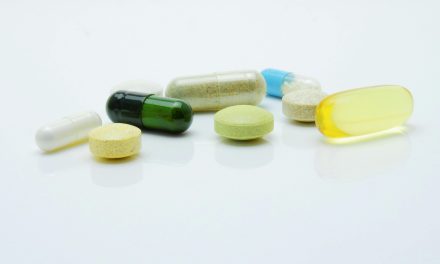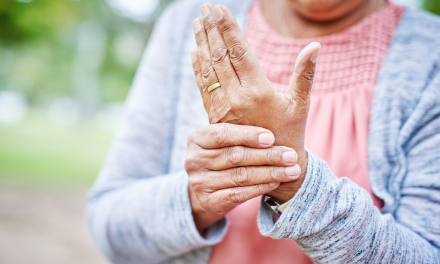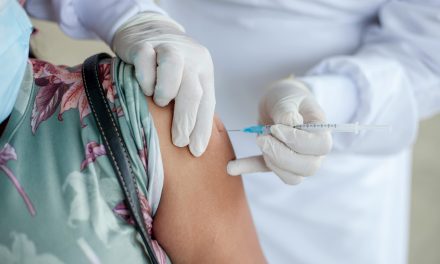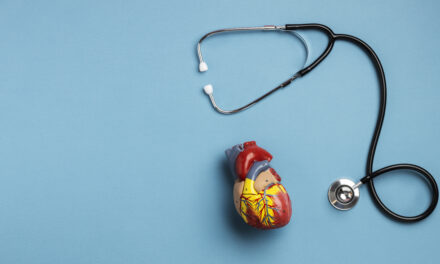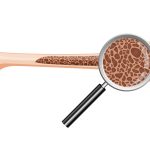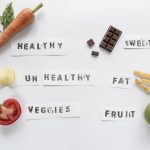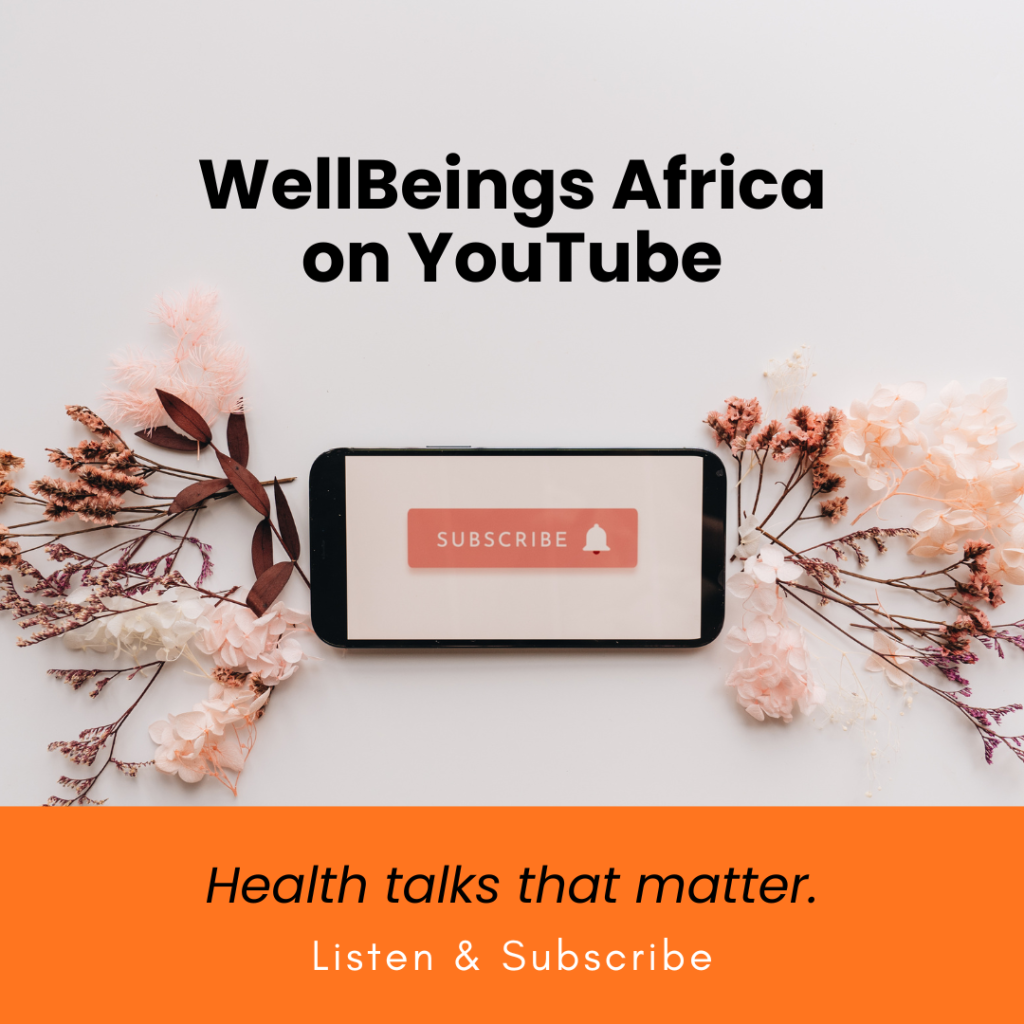Silent yet deadly: hypertension is a serious health condition. Don’t ignore the signs
Imagine a bottle that’s half full of water. You pour in one glass, then another, and the water level rises higher and higher. Pour in one more, and it starts to overflow, spilling out and straining against the container. This is hypertension within your body.
Quick Read:
- In simple terms, hypertension means high blood pressure.
- Hypertension can affect the health of your eyes, leading to vision problems if left untreated.
So, what exactly is hypertension?
First: blood pressure. This is the force of blood pressing against your artery walls as it moves through your body, pushed by the heart. Like water in a bottle, the blood flows through these “pipes,” exerting natural pressure on the walls as it goes. This pressure is what we call “blood pressure.”
Now, hypertension happens when this pressure is too high for a prolonged period, forcing your heart to work harder than it should to keep blood moving. Over time, this elevated pressure can have trigger severe health effects, including increasing your risk for heart disease, stroke, and kidney damage.
How and why does hypertension start?
There are two main types. Primary (or essential) hypertension develops over time without a specific, identifiable cause. However, it’s often linked to your lifestyle. Then there’s secondary hypertension, which can be blamed on an underlying condition or medication that impacts your blood pressure.
The problem with salt + other hypertension culprits
Salt can be especially problematic if you have hypertension. When your body takes in high amounts of salt, your body retains water, which increases your blood volume. This makes your heart work harder to pump the added volume, increasing the force on your blood vessels. Over time, this extra strain can damage the blood vessels, raising your risk of stroke, heart attack, and heart failure.
Other hypertension factors include a lifestyle where you’re relatively inactive. You may not exercise enough, not eat enough vitamin-filled foods, have high levels of stress, and struggle to get good quality sleep.
Certain health conditions like kidney disease, diabetes, and high cholesterol also add to your risk of hypertension. Also, a family history of blood pressure and being excessively overweight.

Lower your blood pressure
- Smoking makes your arteries stiffen up faster and raises your blood pressure every time you light up.
- Try to keep salt under five grams a day to help keep your blood pressure steady.
- Drinking beetroot juice regularly might help bring down blood pressure.
- Skip the extra sugar, fried stuff, and processed foods loaded with additives. Stick to whole foods and healthy meals instead.
- Staying at a healthy weight with balanced eating and regular exercise can make a big difference to your blood pressure.
Blood pressure ranges by age
- A normal blood pressure for young adults is around 120/80.
- For those in their late 20s and early 30s, it generally stays around 119.5/76.5.
- Into the 40 age range, the average shifts to around 120.5/75.5.
- For people 46-50, normal readings are approximately 119.5/80.5.
- By the early 50s, the average target rises slightly to 125.5/80.5.
Knowing the general blood pressure ranges can be helpful, but the following benchmarks apply to everyone:
- Normal: Less than 120/80
- Elevated: 120-129/less than 80
- Stage 1 hypertension: 130-139/80-89
- Stage 2 hypertension: 140+/90+
- Hypertensive crisis: 180+/120+ (requires immediate medical attention)
Help at hand
Keeping track of your blood pressure is vital, as it can be high without obvious symptoms. Regular checks and a heart-healthy lifestyle are the best ways to manage and prevent hypertension.
Images: Freepik and Pixabay


